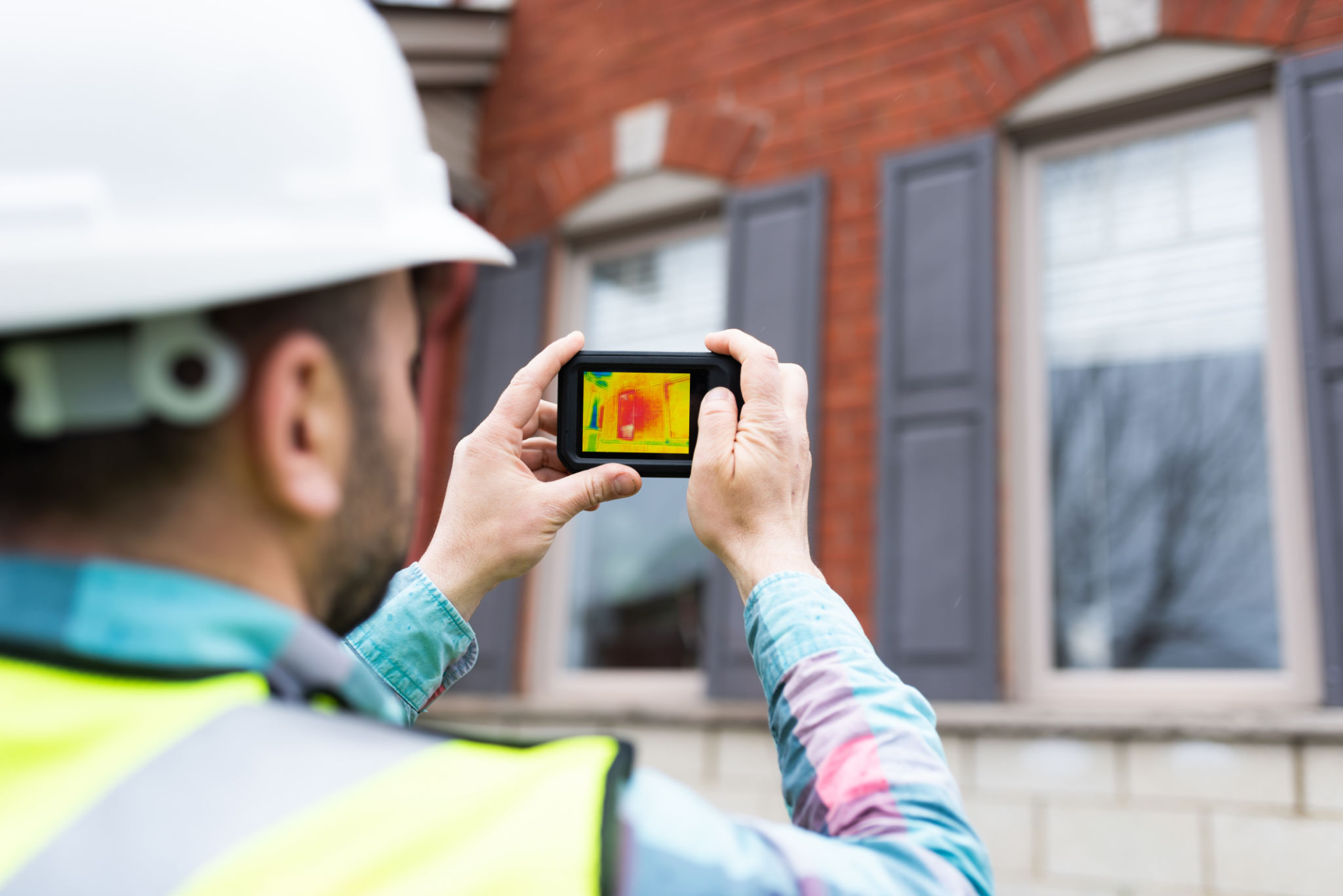Maximizing ROI on Solar Projects: A Comprehensive Guide
Understanding the Basics of Solar ROI
Investing in solar projects can be a significant financial commitment, and maximizing the return on investment (ROI) is crucial for both individual and commercial ventures. ROI measures the profitability of an investment and is a critical factor for determining the success of solar projects. The basic principle is to ensure that the savings generated from solar energy exceed the initial costs over time.

Factors Influencing Solar ROI
Several factors influence the ROI of solar projects. The primary considerations include installation costs, local energy rates, available government incentives, and the site's solar potential. Installation costs can vary significantly based on system size, location, and technology used. Understanding local energy rates is crucial, as higher electricity prices can lead to quicker payback periods.
Government incentives like tax credits and rebates can significantly improve ROI. These incentives are designed to reduce upfront costs and make solar energy more accessible. Additionally, evaluating the site's solar potential, including factors such as average sunlight hours and shading, is essential for accurate ROI calculations.
Strategies to Maximize Solar ROI
To maximize the ROI on solar projects, it's essential to consider both cost-reduction strategies and revenue-enhancing opportunities. One effective approach is to optimize system design to match energy consumption patterns. Tailoring the system size and configuration ensures that energy production aligns closely with usage, minimizing waste and maximizing savings.

Leveraging Technological Advancements
Technological advancements can also play a significant role in enhancing solar ROI. Investing in high-efficiency solar panels can increase energy output, while smart inverters and energy storage solutions can optimize system performance. These technologies allow for better energy management and can contribute to achieving higher returns.
Moreover, integrating solar installations with smart home or building management systems can lead to enhanced efficiency and reduced energy costs. These systems provide real-time data and analytics, enabling users to make informed decisions about energy consumption and system performance.

Maintenance and Monitoring for Sustained ROI
Regular maintenance and monitoring are crucial for sustaining high ROI in solar projects. Routine inspections and timely repairs ensure that the system operates at peak efficiency. Implementing a monitoring system helps track performance metrics and identify potential issues before they become significant problems.
Conclusion: A Long-Term Perspective
Maximizing ROI on solar projects requires a strategic approach that considers initial costs, technological advancements, and ongoing maintenance. By understanding the various factors that influence ROI and implementing targeted strategies, investors can achieve substantial financial benefits while contributing to a sustainable future.
Ultimately, taking a long-term perspective is key. Solar investments typically pay off over years or decades, making them an attractive option for those looking to reduce energy costs and minimize their environmental impact.